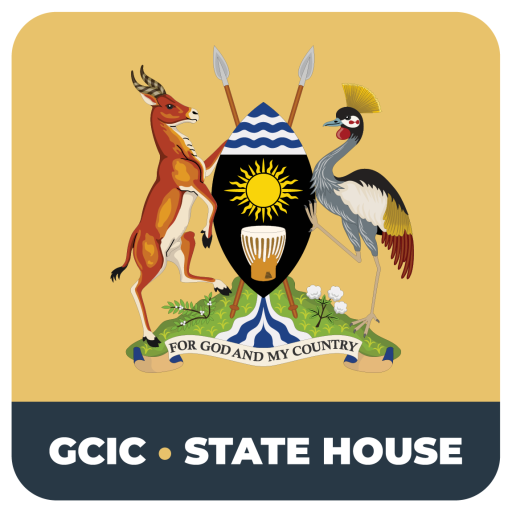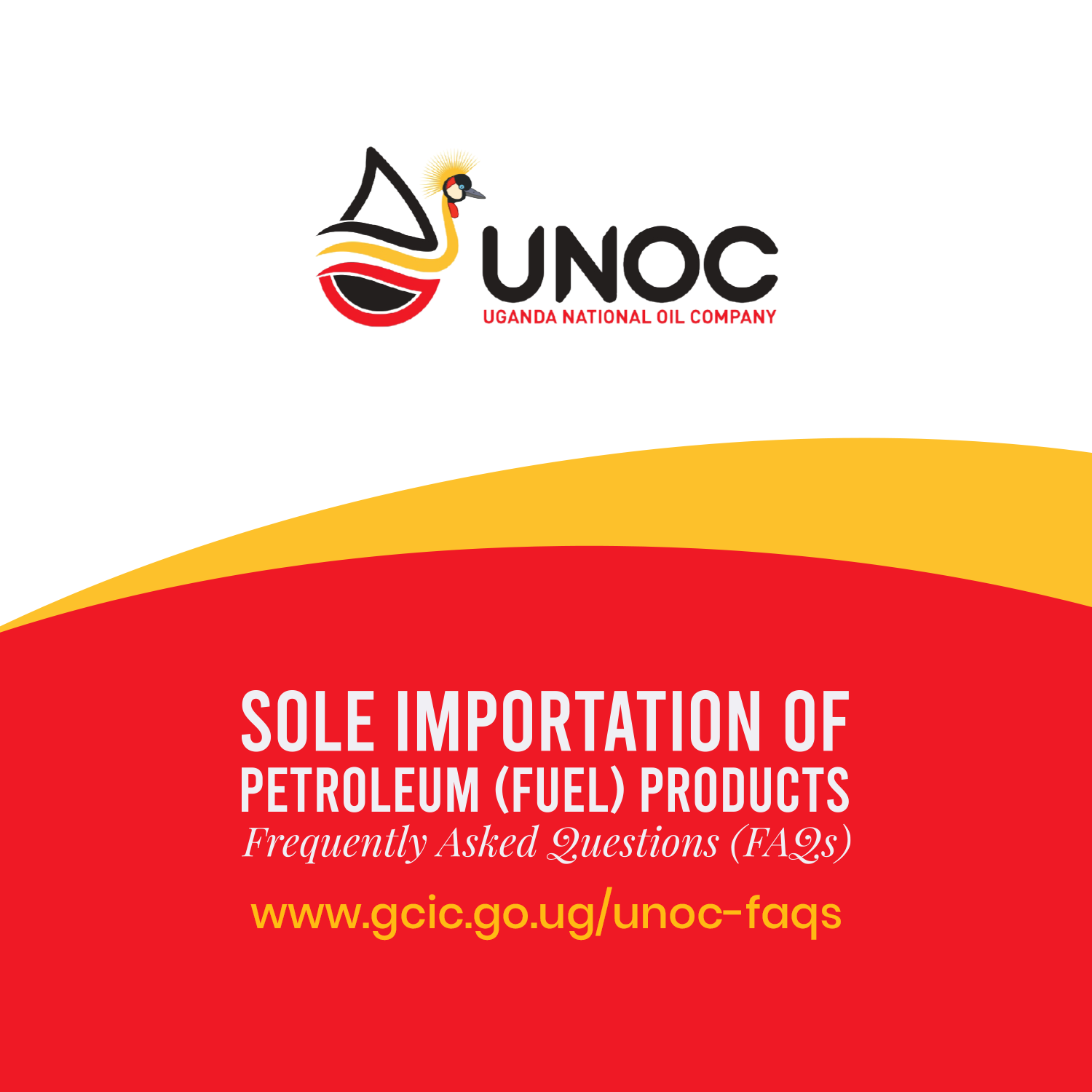On September 3, 2024, the Uganda National Commission for UNESCO (UNATCOM) organised a stakeholders’ consultative workshop on bioethics at the Grand Imperial Hotel in Kampala. The workshop aimed to raise awareness, enhance understanding, and encourage dialogue among various stakeholders, including philosophers, ethicists, scientists, policymakers, and the general public.
Dr. Dominic V. Mundrugo-Ogo Lali, Assistant Secretary General of UNATCOM, stated that the consultation sought to exchange viewpoints and insights on ethical challenges, share information, and strengthen cooperation between UNATCOM and national stakeholders.
During the workshop, stakeholders discussed drafting a policy paper to establish a statutory National Bioethics Committee (UNBC). This committee would be responsible for implementing declarations adopted by UNESCO member states, including Uganda, and providing a framework for addressing ethical issues in the life sciences and biotechnology.

UNESCO has been involved in bioethics since the 1970s, with the establishment of the Bioethics Programme in 1993, including the International Bioethics Committee (IBC) and the Intergovernmental Bioethics Committee (IGBC) to address bioethical issues on a global platform.
Dr. Dominic Mundrugo Ogo Lali highlighted that UNESCO’s Bioethics Programme focusses on standard-setting activities triggered by developments in genetics and the sequencing of the human genome, leading to the adoption of several declarations.
UNESCO aims to balance scientific progress with human rights protection, considering social, legal, and environmental dimensions. Initiatives such as the Assisting Bioethics Committees (ABC) and the Ethics Education Programme (EEP) were developed to support these efforts and promote a culture of bioethics in Uganda.
The UNBC will serve as an advisory body to the government and policymakers, ensuring that public policies are informed by ethical concerns and respect citizens’ rights, freedom, and dignity.

The committee will consist of 13 independent experts with advanced core competencies in fields such as agriculture, bioengineering, bioethics, health, law, policy, and natural resources.





